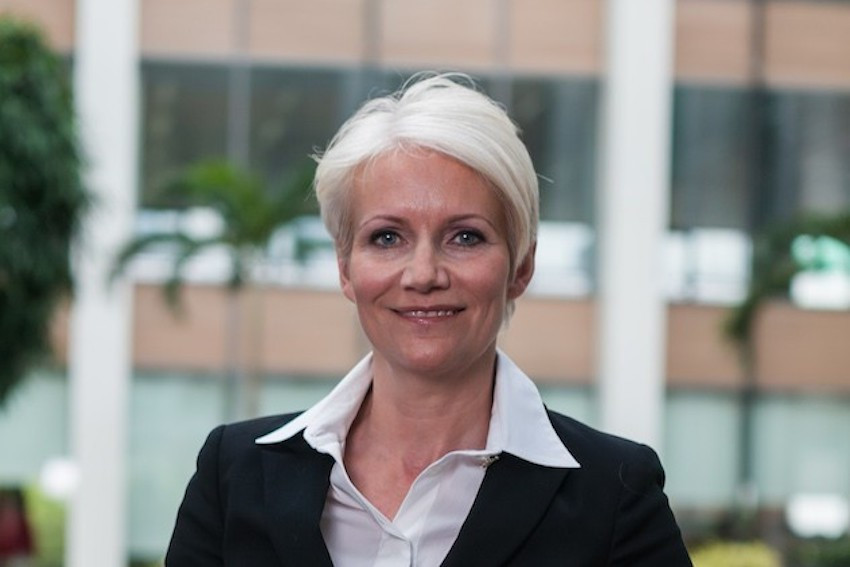Laura Fort: What was the trigger that pushed you to work in the field of sustainable finance?
Nathalie Dogniez: A little over 20 years ago, I discovered microfinance funds. This was the trigger: the financial sector, and funds in particular, could actively and positively contribute to the development of the social and economic fabric of disadvantaged communities by financing micro-entrepreneurs.
In the process, I developed a passion for SRI [socially responsible investment] funds, whose ESG [environmental, social and governance] approach met my environmental convictions. I suggested to [the Association of the Luxembourg Fund Industry] to create an SRI working group, which I had the pleasure of chairing for a few years.
We were a small group of enthusiasts, and I remember our long and fierce discussions to define the concept of “SRI”. It took us over a year, and we came to the conclusion that it was necessary to bring more clarity to investors, through a label. The concept of Luxflag was born!
What are you convinced about when it comes to sustainable finance?
I remember writing in 2008 that the financial crisis called for a different approach to finance and that responsible investments, thanks to their long-term and holistic approach (and not just focused on short-term stock market performance), would naturally prevail as a response to this crisis.
I was just wrong by about ten years! We are now witnessing the real sustainable revolution, with systematic consideration of non-financial factors (and risks) in investment decisions.
This systematic consideration of sustainability risks in all portfolios (and not just green or impact products), coupled with an engagement approach with invested companies, can fundamentally transform European and global economic activity, making the financing of companies that neglect sustainability aspects much more difficult and expensive.
What is your preferred work theme, or your favourite “fight” to take on?
I am often asked to define the ‘ESG compliant’ concept. The words ESG and compliant are contradictory to me. There are not, on the one hand, compliant investments, and on the other, non-compliant investments.
Taking into account sustainability factors at the level of risk management and monitoring is essential as a qualitative approach, to be coupled with a policy of engagement.
Furthermore, there is not a universal ESG definition or approach: it is above all important that the proposed investment approach meets the preferences and values of the investor. For example, an investor motivated by ecological concerns may be indifferent to an investment in the alcohol business.
Who is someone that inspires you every day?
Simone Veil has always been my model: she managed to transcend the difficulties encountered during her adolescence and have a big dream, the European dream. It is now up to us to take this great project to the next level: a sustainable Europe.
What “sustainable” investment would you recommend?
As I mentioned earlier, the notion of sustainability is a personal notion. It is up to each person to select an investment according to their own scale of personal values. This is why the transparency of the sustainability approach of a financial product is a key element!
Originally published in French by Paperjam and translated for Delano
